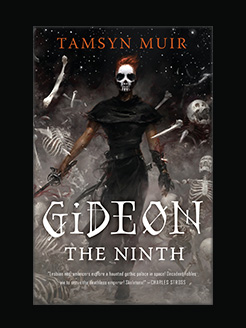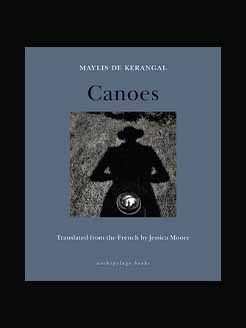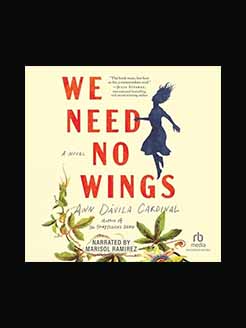Published in 2021
306 pages
Elinor Mordaunt was the pen name of Evelyn May Clowes (1872-1942), a prolific and popular novelist and short story writer, working in Australia and Britain in the first thirty-five years of the twentieth century. In her twenties, Mordaunt was engaged but her fiance died suddenly of fever while leading an expedition along the Zambezi River near Bulawayo. Around 1897, still mourning the loss of Wright, Mordaunt went to Mauritius with a cousin’s family and shortly after married Maurice Wiehe, a sugar planter. The marriage was unhappy, but Mordaunt said that “One effect it had upon me was that it started me writing”. Suffering from malaria and pregnant once again, Mordaunt left Mauritius – and her husband – two and a half years later. She spent three months at her family’s home in England and then sailed for Australia in 1903. To support her newborn son, Godfrey Weston Wiehe, Mordaunt ran a small embroidery design business, then turned to writing.
Her first book, The Garden of Contentment (1902), a series of fictional letters written from England which she began while living in Mauritius, received good reviews. In 1908, Mordaunt returned to England and sold short stories to magazines and writing children’s stories under the name “John Heron’” She moved to London after being hired by the weekly paper Black and White and worked there until it ceased publication in 1912. She published several books with Heinemann, and used her newfound success to reinvent herself, legally changing her name to “Evelyn May Mordaunt”.
In 1923 she began a long journey that would take her around the world, selling her experience as articles and later as books. Mordaunt had assumed that her husband was dead, and in 1933, she married Robert Rawnsley Bowles but he died a few years later. During the late 1930s, Mordaunt resided in Chelsea, London, and her final years continued to be productive despite lingering health problems. She died at the Radcliffe Infirmary, Oxford, on 25 June 1942.
Melissa Edmundson is Lecturer in British Literature at Clemson University and specializes in nineteenth and early twentieth-century British women writers, with a particular interest in women’s supernatural fiction. She is the editor of a critical edition of Alice Perrin’s East of Suez (1901, 2011), and author of Women’s Ghost Literature in Nineteenth-Century Britain (2013) and Women’s Colonial Gothic Writing, 1850-1930: Haunted Empire (2018). Her other work includes essays on the First World War ghost stories of H D Everett and haunted objects in the supernatural fiction of Margery Lawrence, as well as a chapter on women writers and ghost stories for The Routledge Handbook to the Ghost Story. She has edited Avenging Angels: Ghost Stories by Victorian Women Writers (2018). Her Handheld Press titles include Women’s Weird: Strange Stories by Women, 1890-1940 (2019), Women’s Weird 2: More Strange Stories by Women, 1891-1937 (2020), and Elinor Mordaunt’s The Villa and the Vortex (2021).
What is this book about?
Melissa Edmundson has curated this selection of the best of Elinor Mordaunt’s supernatural short fiction. Elinor Mordaunt was the pen name of Evelyn May Clowes (1872-1942), a prolific and popular novelist and short story writer, working in Australia and Britain in the first thirty-five years of the twentieth century.
Edmundson’s stories blend the technologies and social attitudes of modernity with the classic supernatural tropes of the ghost, the haunted house, possession, conjuration from the dead and witchcraft. Each story is an original and compelling contribution to supernatural fiction, making this selection a marvelous new showcase for women’s writing in the genres.
The Villa and The Vortex includes the following short stories:
- The Weakening Point
- The Country-side
- The Vortex
- Hodge
- The Fountain
- Luz
- The Landlady
- Four Wallpapers
- The Villa
“The Villa and the Vortex is a must-read for those who find themselves drawn to older weird fiction, and for those with a fondness for older supernatural and ghost stories.” – What Sleeps Beneath
“An attractive, enjoyable collection of supernatural tales, including some real gems.” – British Fantasy Society







